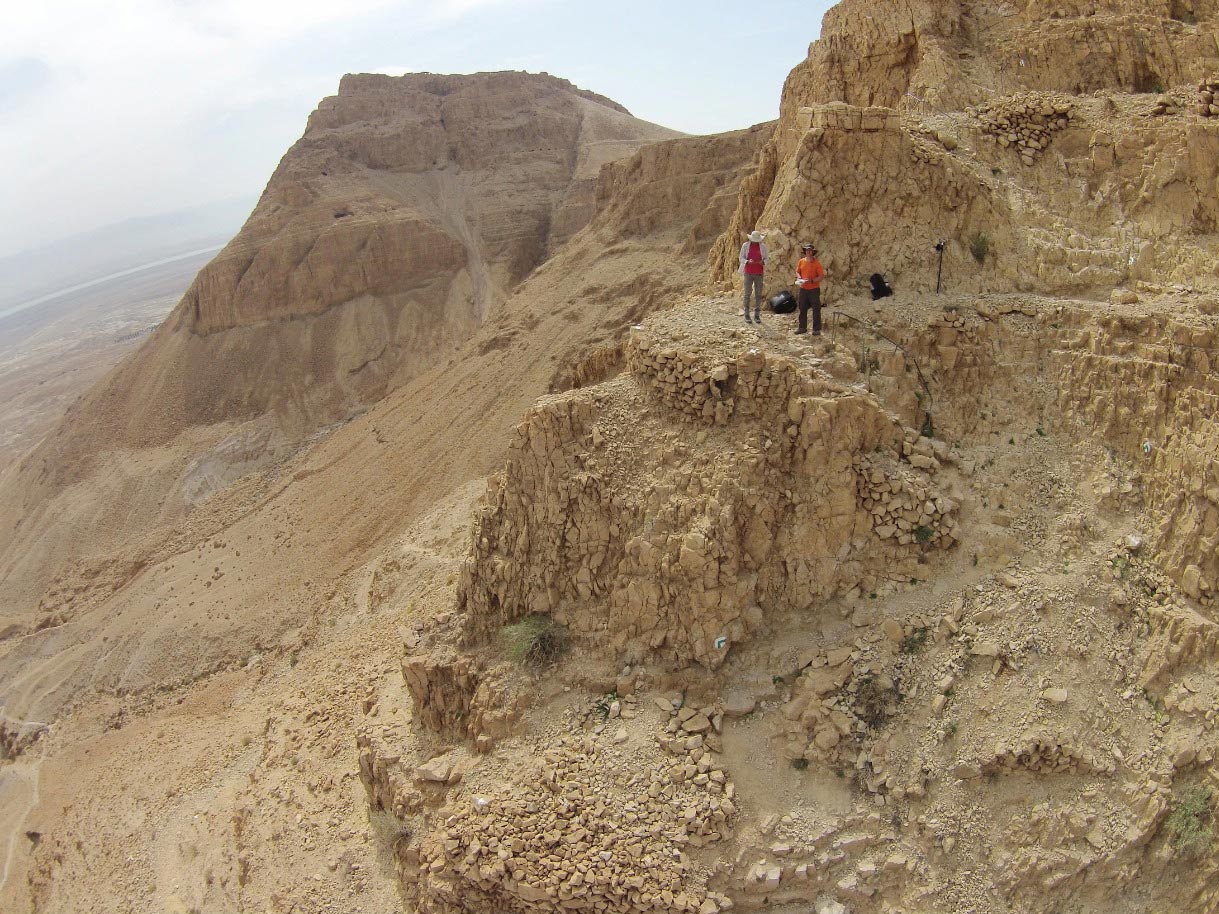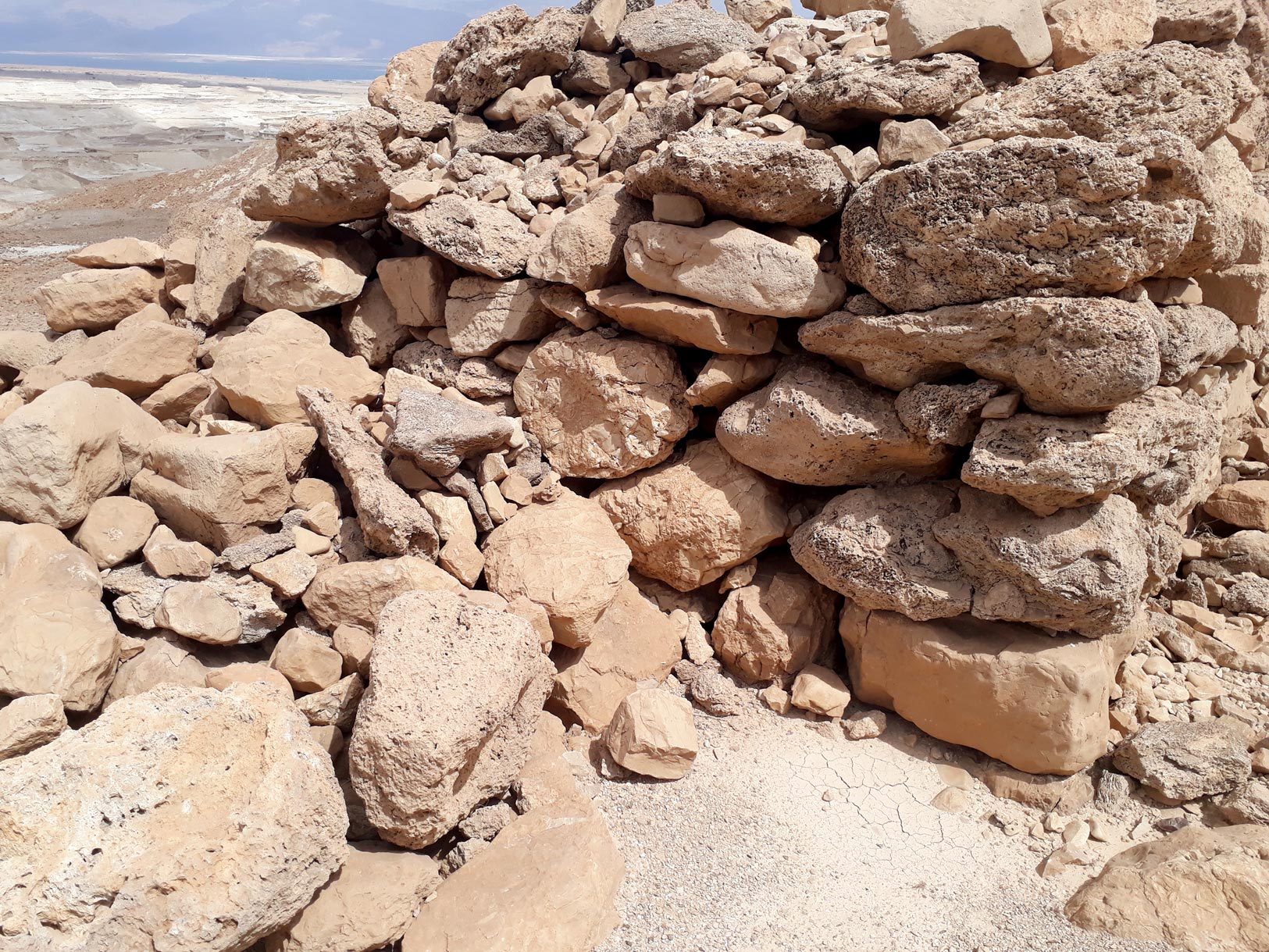Myth debunked: Famous Roman siege thought to have lasted years ended in ‘mere weeks’
Romans launched brutal attack, capturing hilltop fortress within few weeks, researchers say
Your support helps us to tell the story
From reproductive rights to climate change to Big Tech, The Independent is on the ground when the story is developing. Whether it's investigating the financials of Elon Musk's pro-Trump PAC or producing our latest documentary, 'The A Word', which shines a light on the American women fighting for reproductive rights, we know how important it is to parse out the facts from the messaging.
At such a critical moment in US history, we need reporters on the ground. Your donation allows us to keep sending journalists to speak to both sides of the story.
The Independent is trusted by Americans across the entire political spectrum. And unlike many other quality news outlets, we choose not to lock Americans out of our reporting and analysis with paywalls. We believe quality journalism should be available to everyone, paid for by those who can afford it.
Your support makes all the difference.The Roman siege of Masada at the end of the First Jewish-Roman War lasted “mere weeks” overturning previous beliefs of a drawn-out battle ove several years, according to a new study.
Researchers previously thought the Roman army’s siege of Masada in 73CE lasted close to three years.
However, contrary to the widespread myth at the heart of modern Zionism, a new study, published in the Journal of Roman Archaeology, found that the siege lasted no more than a few weeks.
Archaeologists used a range of modern technologies, including drones, remote sensing, and 3D digital modelling, to generate the first objective and quantified analysis of the Roman siege system at Masada, the mountain fortress which towers over the southern end of the Dead Sea.

They collected high-resolution data from Masada and its surroundings, with a special emphasis on the water systems, the trails leading to and from the palatial fortress, and the Roman siege system.
Using this information, scientists built 3D digital models providing a more accurate image of the terrains, the siege system, and estimated how long it may have taken to build them.
“For many years, the prevailing theory that became a modern myth asserted that the Roman siege of Masada was a grueling three-year affair,” study co-author Guy Stiebel said.
“In this first-of-its-kind study we examined the issue with modern technologies enabling precise objective measurements,” Dr Stiebel said.
Until recently, popular narrative suggested that the Roman army found it very difficult to take the Masada fortress, standing as a symbol of Jewish heroism in modern Israel.
For many years, it was assumed that this siege, one of the final moments of the First Jewish-Roman War, took nearly three years, but researchers have begun to challenge this belief.

Previous studies provide insights into the quantity of earth and stones a Roman soldier could move in a single day.
There are also records that about 6,000-8,000 soldiers participated in the siege of Masada.
Using this information, scientists could calculate how long it took them to build the entire siege system which included eight camps and a stone wall surrounding most of the site.
“We found that construction took merely about two weeks,” Hai Ashkenazi, another author of the study, said.
“Based on the ancient historical testimony it is clear that once the assault ramp was completed, the Romans launched a brutal attack, ultimately capturing the fortress within a few weeks at the most. This leads us to the conclusion that the entire siege of Masada lasted no more than several weeks,” Dr Ashkenazi said.

Join our commenting forum
Join thought-provoking conversations, follow other Independent readers and see their replies
Comments